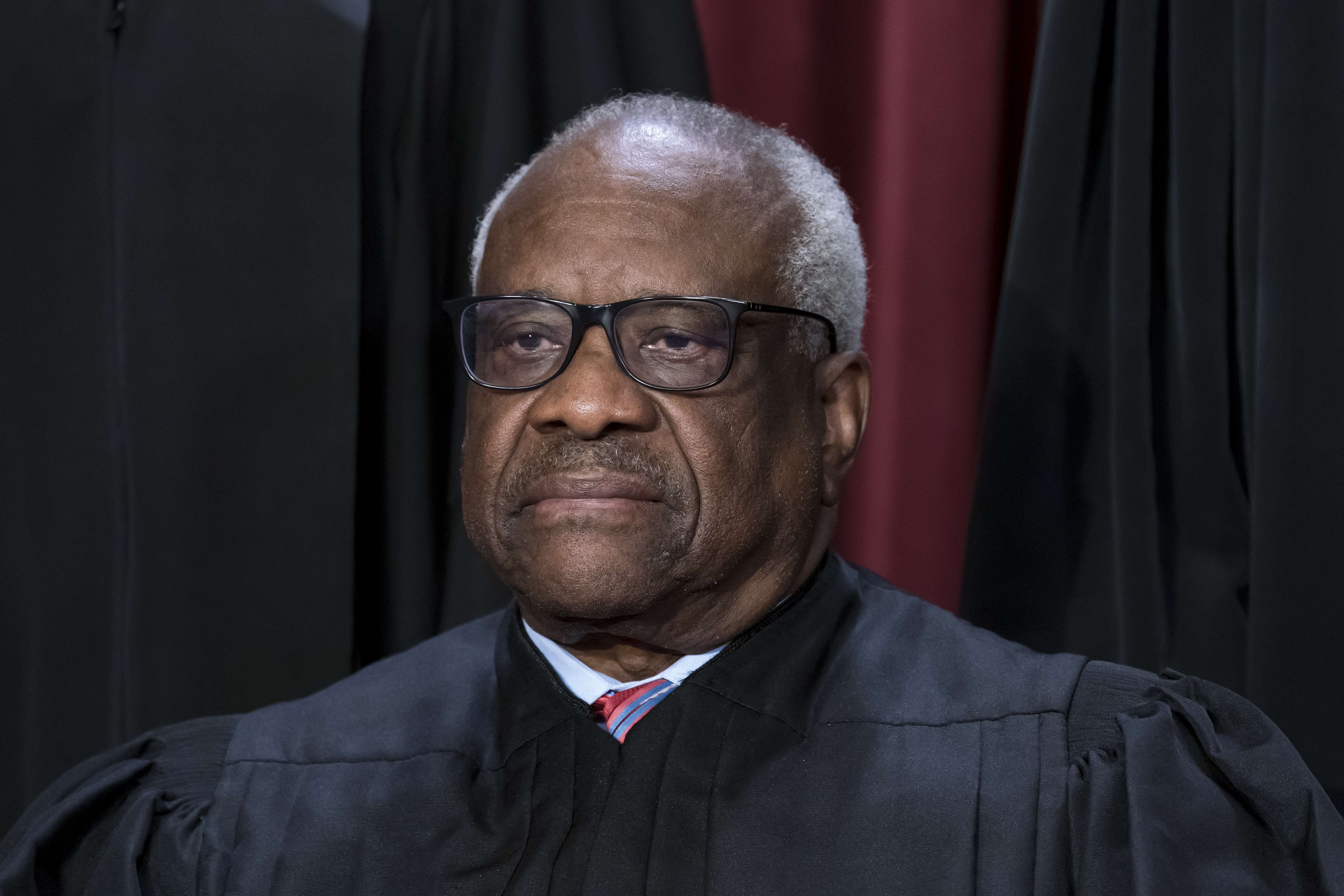Utah legislators wrapped up their annual session Thursday after passing bills to expand Medicaid to thousands of the state's poor and give teens fleeing polygamous communities more legal rights.
The proposals were among more than 500 bills lawmakers passed after 45 days on Capitol Hill in Salt Lake City.
Here's a look at where key issues landed when the Legislature adjourned:
DEATH PENALTY
A push to repeal the death penalty failed for the second time in recent years, despite the backing this year of the powerful House speaker. Republican Rep. Gage Froerer pulled his bill without putting it up for a vote in the House, saying the tally would have been close but he didn't have enough support to debate it in the waning days of the session.
GUNS
Lawmakers rejected a bill that would have allowed police to temporarily confiscate guns of those deemed to be a threat, a proposal that came after a school shooting in Parkland, Florida, last month that killed 17. Republican lawmakers defeated the so-called "red flag" bill in committee after raising concerns it went too far in violating a person's constitutional rights without doing enough to address mental health issues. A gun-rights bill strengthening the state's stand-your-ground self-defense law failed to get a final vote. Republican Rep. Cory Maloy's proposal says a person doesn't need to back away before using deadly force.
ABORTION-DOWN SYNDROME
A ban on abortions sought because a fetus has been diagnosed with Down syndrome ultimately failed. Lawmakers in the House passed the bill despite warnings from legislative lawyers that there's a high likelihood that a court will find the measure unconstitutional if it's challenged in court. It stalled out in the Senate.
MEDICAL MARIJUANA
Utah lawmakers passed bills to allow terminally ill people to use certain forms of marijuana, allow farmers to grow it for research purposes and set up a state-run dispensary to sell it to researchers and those terminal patients. Marijuana advocates have said the piecemeal approach doesn't go far enough, and they're pursuing a ballot initiative that would ask voters in November to sign-off on a broader medical pot law.
U.S. & World
SEXUAL HARASSMENT
Amid a wave of sexual harassment allegations nationally, lawmakers considered asking lobbyists and journalists working at the Utah Capitol to undergo annual anti-harassment training. Officials said the changes weren't prompted by any reports of problems with journalists or lobbyists but say it's needed to cover the state's legal liability. Lawmakers and staff already undergo similar training. Legislators approved a bill requiring journalists to undergo the training, but a bill requiring lobbyists to undergo similar training failed.
MEDICAID EXPANSION
Lawmakers passed a plan to expand Medicaid in Utah even as backers of a bigger expansion gear up to put the question before voters. The legislative proposal would cover about 70,000 people living just under the poverty line. It would include a spending cap and work requirement. That hasn't traditionally been allowed in Medicaid, but President Donald Trump's administration has offered to be more flexible with states.
The ballot initiative in the works would likely expand coverage to about twice as many people.
FREE-RANGE PARENTING
Utah lawmakers passed a measure explicitly saying that parents aren't breaking the law if they let allow kids to do things alone like travel to school, explore a playground or stay in the car, as long as they are mature enough to take on those things without hurting themselves. The measure doesn't give specific ages, which lawmakers say would allow police and prosecutors to handle issues on a case-by-case basis.
Utah appears to the first state in the country to pass such a measure. Supporters like sponsor Republican Sen. Lincoln Fillmore say allowing kids to make their own way helps keep the joy in childhood and prepare them for the future.
MEDIA ACCESS
Utah's House of Representatives passed a proposal to ban reporters from the floor of the House before lawmakers meet there for floor sessions, but eventually softened it to require journalists to leave after conducting interviews. Journalists are still allowed to access the area after floor sessions.
BALLOT INITIATIVES
Facing the possibility that voters could change laws on medical marijuana and other hot-button issues, lawmakers are looking to give themselves the option to change any new measures before they go into effect. One bill would create a six-month delay after the passage of any ballot initiative, which legislators say will allow them to make practical tweaks. Opponents argue the bill, awaiting Senate approval, could undercut the will of the people.
TRUMP HIGHWAY
Lawmakers backed away Wednesday from a proposal to rename a scenic highway after President Donald Trump. Several Republicans supported naming the southern Utah road that connects several well-known national parks after Trump to recognize his move to shrink two national monuments that were fiercely opposed by state leaders. Democrats pushing back against the idea suggested naming a ramp for porn actress Stormy Daniels, who alleges she had a sexual encounter with Trump in 2006.
POLYGAMY
Senators on Thursday night gave final approval to a proposal giving teenagers who leave polygamous communities more legal protection from parents who could expose them to sexual abuse or forced marriage.
Supporters said the measure would help in cases where runaway-notification laws have allowed adults to take teenagers back home even if they didn't want to go, though polygamists said they were concerned it could focus on a single religious group and have unintended consequences.
ALCOHOL
Utah restaurant owners will likely be able to take down state-mandated signs near their doors clarifying their establishments are not bars. Lawmakers said the signs that were part of a massive liquor-reform bill last year didn't seem to make a difference. Restaurants are elated about the change, which was passed Thursday. Bars will still have to post signs saying people under 21 are not allowed in, but they will no longer need to declare they're not restaurants.
DOMESTIC VIOLENCE
Utah lawmakers have approved a proposal to fix gaps in a domestic violence law that was exposed after a man killed his ex-girlfriend and her son by opening fire on a car full of children after school.
Despite a previous stalking report, the woman could not have gotten a protective order because the couple had not been married or lived together. The measure allows victims in dating relationships to get the orders.
SPECIAL SESSIONS
Utah lawmakers passed a bill that would allow them to call themselves into a special session, instead of relying on the governor, but voters still need to approve the idea. Rep. Brad Wilson's proposal would allow lawmakers to meet in a session if two-thirds of the House and Senate feel it's necessary because of "persistent fiscal crisis, war, natural disaster or emergency." Lawmakers spoke about amending their power after the governor refused to call a special session last year to allow them to pass new rules for a for a special election to replace Republican Jason Chaffetz in Congress.



